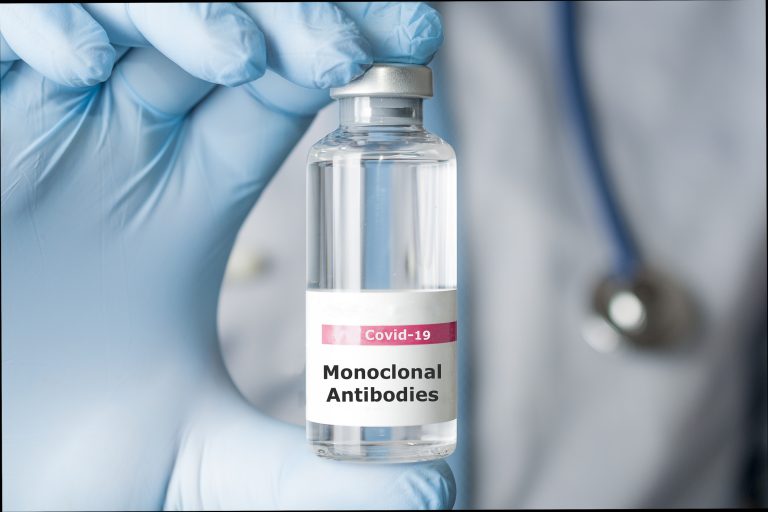
A common antibody drug—infliximab—used to treat inflammatory bowel disease stops the body’s immune system from mounting a strong response to the SARS-CoV-2 virus, show results from a U.K. study.
This finding means that patients treated with this drug may be more susceptible to prolonged or repeat cases of COVID-19 and could also have a weaker response to vaccination.
The risk of serious COVID-19 is known to be higher in people with chronic medical conditions such as diabetes and cardiovascular disease. Individuals with autoimmune diseases such as inflammatory bowel disease (IBD) are often also taking immune suppressing drugs, which puts them at higher risk of all infections including SARS-CoV-2.
“Many people with IBD who are taking infliximab have been shielding throughout this pandemic, so little is known about their susceptibility to COVID-19. They’re not eligible for Phase III trials so there’s also a knowledge gap around their vaccine response. At this stage it’s really key to start to collect the ‘real life’ data about their immunity and susceptibility,” said Danny Altmann, Ph.D., a professor at Imperial College London who was not directly involved with the study.
“This study starts to offer some answers, including how best to understand and monitor how these individuals progress coming out of shielding and how well they respond to vaccination.”
The study, led by the University of Exeter and Imperial College London, tested immune response to SARS-CoV-2 infection in a cohort of 6935 patients with IBD recruited from 92 hospitals around the U.K. between September and December 2020.
As described in the journal Gut, to combat their IBD symptoms 4685 patients were treated with the tumor necrosis factor (TNF) inhibitor infliximab and 2250 with another antibody drug vedolizumab, which has different anti-inflammatory activity. The proportion of each group with symptoms of infection and confirmed infection was similar. Overall, 8.3% and 8.9% of the infliximab and vedolizumab treated patients reported symptoms of COVID-19 infection, respectively, and 5.2% and 4.3% of the same groups had a positive PCR test.
However, SARS-CoV-2 antibody levels were significantly lower in the infliximab group versus the vedolizumab group at 3.4% vs 6.0%, respectively. In the group with a confirmed infection, only 48% of infliximab-treated patients developed antibodies against the virus compared with 83% of the vedolizumab group.
While this finding is concerning, co-lead researcher Nick Powell, M.D., Ph.D., of Imperial College London, emphasizes that this is just one aspect of the body’s immune response. “Although we clearly observed diminished antibody responses in patients taking infliximab, we haven’t yet completed our investigation of T-cell and other protective immune responses against the virus. I would expect that even in the presence of less efficient antibody production, infliximab-treated patients will mobilize some protective aspect of their immune system to defend themselves.”
This study was observational and more research is needed to determine the significance of these results. But, they do suggest that individuals being treated with TNF inhibitors such as infliximab should be monitored carefully to make sure they are not retaining infections or having suboptimal responses to the vaccines that are now being rolled out around the world.













